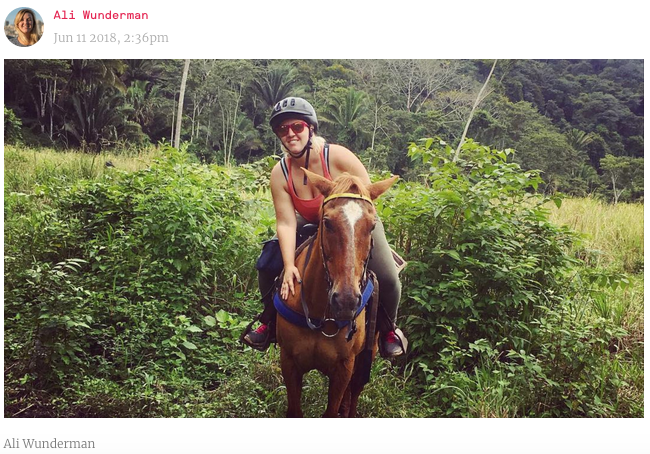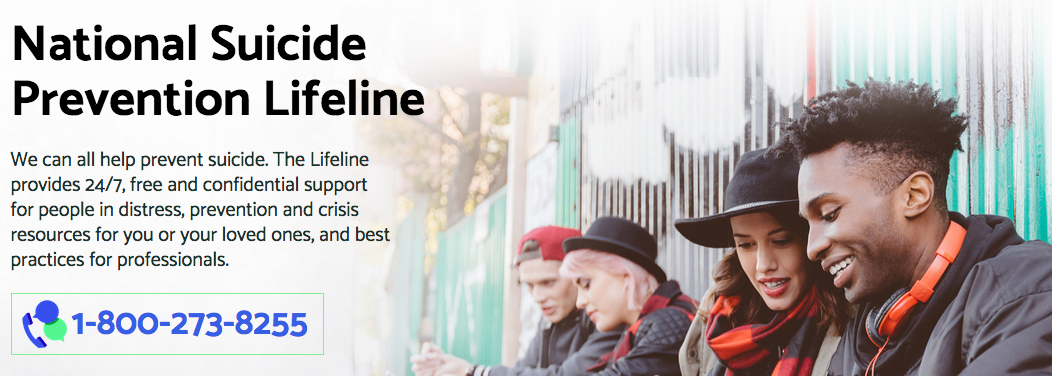I recently saw this wonderful, sensitive and informative video clip created by the Colorado Department of Public Health and the Environment about firearms and suicide in this state. CDPHE partnered with Jimmy Graham, a firearms instructor at Centennial Gun Club to provide some tips and strategies for keeping guns out of the hands of folks considering suicide.
Some important points brought up in the video:
- Colorado is consistently ranked in the top 10 states in terms of deaths by suicide
- Suicidal crises and thoughts are often brief in nature – meaning folks often don’t plan their suicide for long periods of time. It is often an impulsive decision
- Because of the impulsive nature of many of these decisions, it becomes important to “put time and space between a suicidal person and means” by which they can harm themselves (i.e., a gun)
- It’s OK to ask a loved one directly if they are thinking about suicide. This WILL NOT make them more likely to attempt suicide, instead it will give them an opportunity to share feelings that can be hard to express.
This video offers important information about how to own guns, while also being mindful of the health and safety of those in our families. Check out this awesome resource:









